Wishes to our readers in the United States for a happy and safe 4th of July.
The video above, a tragic and heartbreaking list of names, is not how most graduations you may have attended this spring opened. Shalem College, though growing rapidly, is still small; one might have thought that with just a few hundred students and less than a hundred faculty, we’d have been able to steer clear of the horrifying losses that have had this country in their grip for nine months.
As you heard above, the truth has sadly been very different. Like every community in this country, loss and sorrow have engulfed us, too.
Why mention last week’s graduation here, in this space?
The reason has to do with our hopes when we founded it in the first place, and the kind of healing and teaching that Israel still needs.
“Why in the world would you leave a good job to work at a college that doesn’t exist and that might never come to be?”
That was the question a few of my more honest friends asked some seventeen years when I left what was, without question, a great job, and joined a small group of colleagues to help found Shalem College, what we hoped would become Israel’s first liberal arts college.
They were right that getting the college off the ground was not going to be a slam dunk. The existing universities weren’t going to be happy, and they had pull with the governmental accrediting agency that would have a lot of say in the matter. Selling a liberal arts degree in a country that didn’t have a single liberal arts college (“what does one do with that sort of degree?”) wasn’t going to be easy. There would be lots of money to raise, a campus to find or build, a curriculum to shape (and reshape and reshape) and a faculty to recruit in a country in which no one taught the way we were going to want our faculty to teach.
Why in the world, indeed?
There were a lot of reasons, but two in particular are relevant here.
First, after we’d made aliyah, the main thing that my wife and I regretted that our children wouldn’t have that we had had growing up in the States was the kind of undergraduate educations that we had gotten. Israel just didn’t offer that. Our kids would grow up in a smaller house? Not a big deal. They’ve have to go to the army? It made them much more thoughtful and principled people. They’d live in a rough and tumble society without some of the very pleasant veneers of American life? They’d cope (after all, veneer is just veneer).
But moving to Israel should not have meant that they couldn’t get an American-style liberal arts education (back in the days when that was actually an education).
So, yes, helping to create one seemed like an important thing to do.
The other reason was that it was time to build something here. We’d been here long enough to have gotten our sea legs and had sufficiently adjusted to our new lives here that we could ask, “What are the fingerprints that we are going to leave on this society?” The national water carrier was already built. The country’s infrastructures existed. The economy was booming. The medical care was first class.
And besides, I didn’t know how to do anything of those things.
But this, I thought, mattered, and here was a chance—along with a team of exceptional colleagues—to be part of a lasting contribution that might well make this country a better place.
There were lots of things that we hoped to accomplish with the college, most of which we won’t cover here. But in addition to much else, we wanted them to learn to think critically, to write incredibly well, to know the classics of Western, Jewish and Zionist literature, and—to learn how to listen.
We wanted to create an environment where Israelis would disagree, but only after they’d listened and heard—and thought. Where they would reject an idea, perhaps, without rejecting the person who’d expressed it. We wanted to create, in addition to everything else, a place that modeled the kind of discourse between people that we hoped would spread around the country—and this was long before the country came to understand that the toxicity of our discourse actually has the capacity to pull the country to pieces.
This week, we were all reminded of that toxicity that has gone nowhere, and that even if it receded a bit after October 7th, has come roaring back. Which is the reason for sharing a brief snippet of last week’s graduation.
You may recall that in December, the IDF mistakenly killed three hostages who had escaped their captors and were trying to make their way back to Israel. They were Yotam Haim (age 28), Alon Shamriz (age 26) and Samer Talalka (age 24); Haim and Shamriz were kidnapped from kibbutz Kfar Aza, and Talalka was kidnapped from kibbutz Nir Am.
When the tragedy occurred, the country was beside itself. It was one more thing that had gone terribly awry in a period in which nothing was going right and everything seemed to be falling apart.
But out of the depths of the horror of that loss there emerged a voice that inspired the entire country. It was the voice of Iris Haim, Yotam’s mother, who made a point of sending a message to the soldiers who had killed her son.
We shared her message with our readers months ago, but post it here again:
In the ensuring months, Iris Haim has become a public personality. She’s much admired, and as a mother who has been through hell, has largely been treated with great respect.
Increasingly, though, as everything here has become political again and the gloves have come off our political discourse, the families of hostages have been subjected to police violence and verbal abuse.
One pièce de résistance came this week, when a public school teacher in Herzliya posted this on social media:
Can we finally say [out loud] that she’s insufferable? She’s just a disgusting Bibi supporter who’s been glowing ever since they shot her son. I’m glad that she’s doing better—but why do the rest of us have to suffer and see her in the TV studios?
The post, which sickened much of the country, was disgusting on too many levels to name, and Minister of Education Yoav Kisch quickly took to social media to say that he, too, was appalled. This Google generated translation of his post isn’t perfect, but it will give you the idea:
Nice, sort of.
But this is Israel, so Kisch’s post was immediately met with a torrent of nasty responses, including the (probably correct) claim that the Ministry of Education can’t fire a teacher for being gross, and a reminder (also essentially correct) that Kisch shouldn’t feign such horror, since the post-writer’s tone has become the norm among many of this government’s ministers.
You may recall that we did a podcast here a few months ago in which we heard two young people debating whether or not Israel’s 2023 toxicity was returning. One said yes, one said no. I wanted to agree with the former, but couldn’t help but agree with the latter.
And this week seemed to prove the point.
Which brings us back to Shalem College. For what she had done to heal Israel’s soul at a particularly agonizing moment, Shalem College decided to honor her at graduation, which we did at last Thursday’s Commencement, a few days before this latest social media frenzy.
After the post about her, Iris Haim felt compelled to remind people that she’s never voted for Bibi, that she’s long voted left—all things that are no one else’s business. A woman who has gone through what she’s gone through has to now “defend” her voting record just because of a toxic social media posting?
She didn’t have to, and I kind of wish that she hadn’t bothered to. Who cares who she votes for?
What matters is how, with her exceptional fortitude and embracing heart, she helped heal Israeli society in a critical moment, and has been doing so ever since.
As a way of thanking her, once again, at the end of a turbulent week that she should never have had to deal with, we’re sharing with you the words that were said at our Graduation, before she was given her award.
The woman who introduced Iris Haim in the video below is also an exceptional person, who has been part of a team offering truly unfathomable support for our student-soldiers, who have had had to study in a year in which many of them have been in battle and are facing innumerable challenges as a result of the war.
Here’s how she was introduced:
I invite Ms. Shira Birnbaum, Director of Academic Administration and our Director of Training and Organizational Development, who, in addition to her extraordinary work here this year—and I could say much more about that—also serves as the Emergency Team Leader in her home town and serves in the IDF Reserves as a Facilitator for Debriefing Workshops for Soldiers—who will present the award to Ms. Iris Haim.
Imagine an Israel in which that is what young Israeli students saw their teachers posting on social media. Imagine a world in which this was how we spoke about each other, regardless of political differences. Imagine an Israel in which we actually celebrated difference, as you saw in the video above.
Imagine, indeed.
On behalf of all of us, our most profound gratitude, once again, to Iris Haim, for all that she has done to strengthen this hurting country when we needed it most.
SUNDAY (06/30): We began the week with an emotional video clip of Yuval Sharabi of Kibbutz Be’eri, going back to her home for the first time since October 7th. On that black Shabbat, her father, Yossi Sharabi, and her boyfriend, Ofir Engel were taken hostage by Hamas. Ofri was released. Tragically, in January, it was confirmed that Yossi had been killed and his body is being held by Hamas.
MONDAY (07/01): We heard from a Shalem College student, “Roy”, who spent most of his first semester in battle in Gaza, talk about why he was so optimistic about Israel’s future. In a way I would never have imagined, what gave him hope was not so much what he sees in the future, but what he knows about the past.
TUESDAY (07/02): We delayed our posted scheduled for Tuesday and hope to return to it.
WEDNESDAY (07/03): Israel's demographics and high birth rate have long been cited as some of this country’s greatest achievements. In this week’s podcast, we received an update on demographic trends in the Jewish state from Professor Alex Weinreb, a demographer from Israel’s Taub Center in Jerusalem. We heard about the current numbers, the concerns about long-term sustainability as a result of some of these trends, and about what Prof. Weinreb finds most fascinating in the latest statistics.



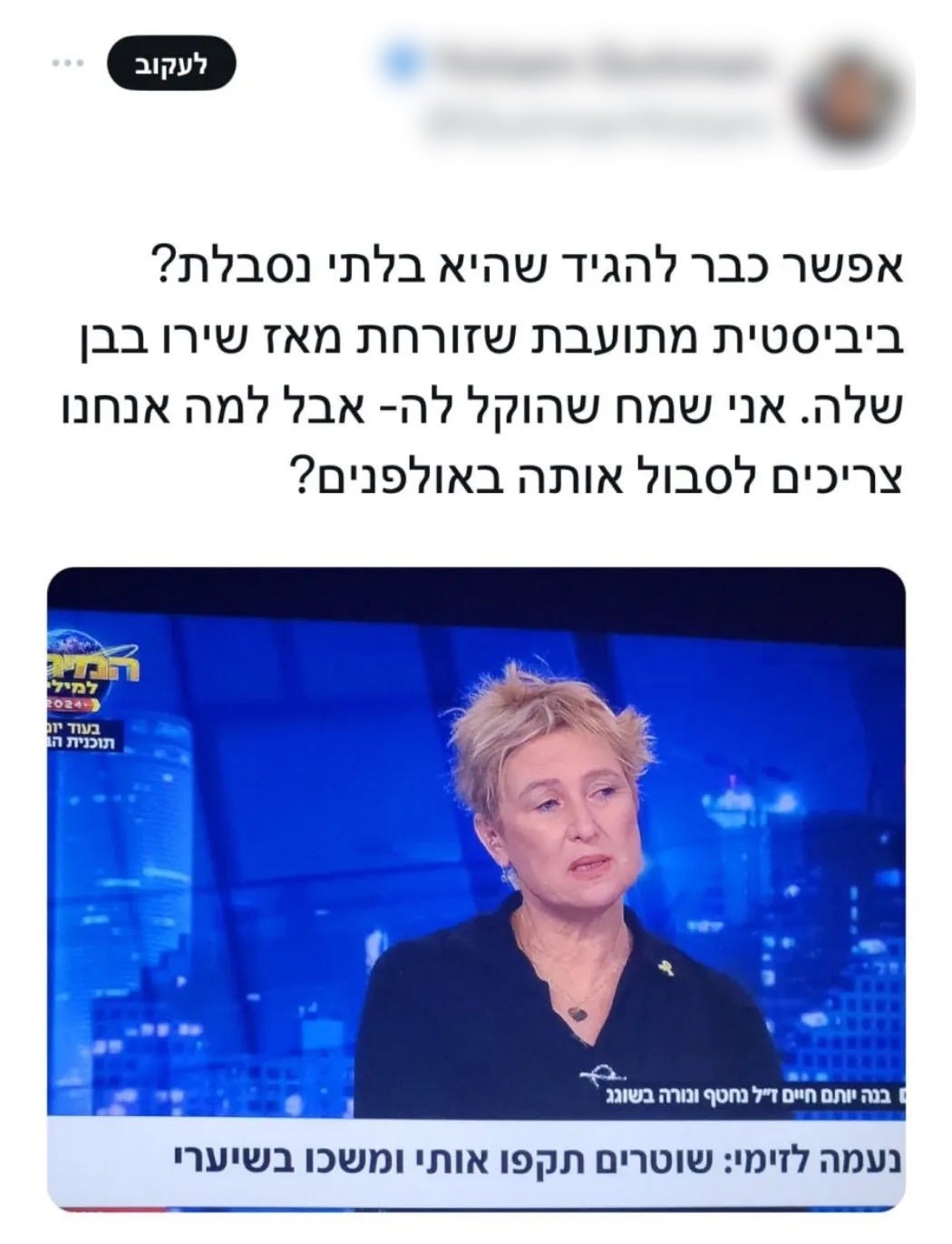
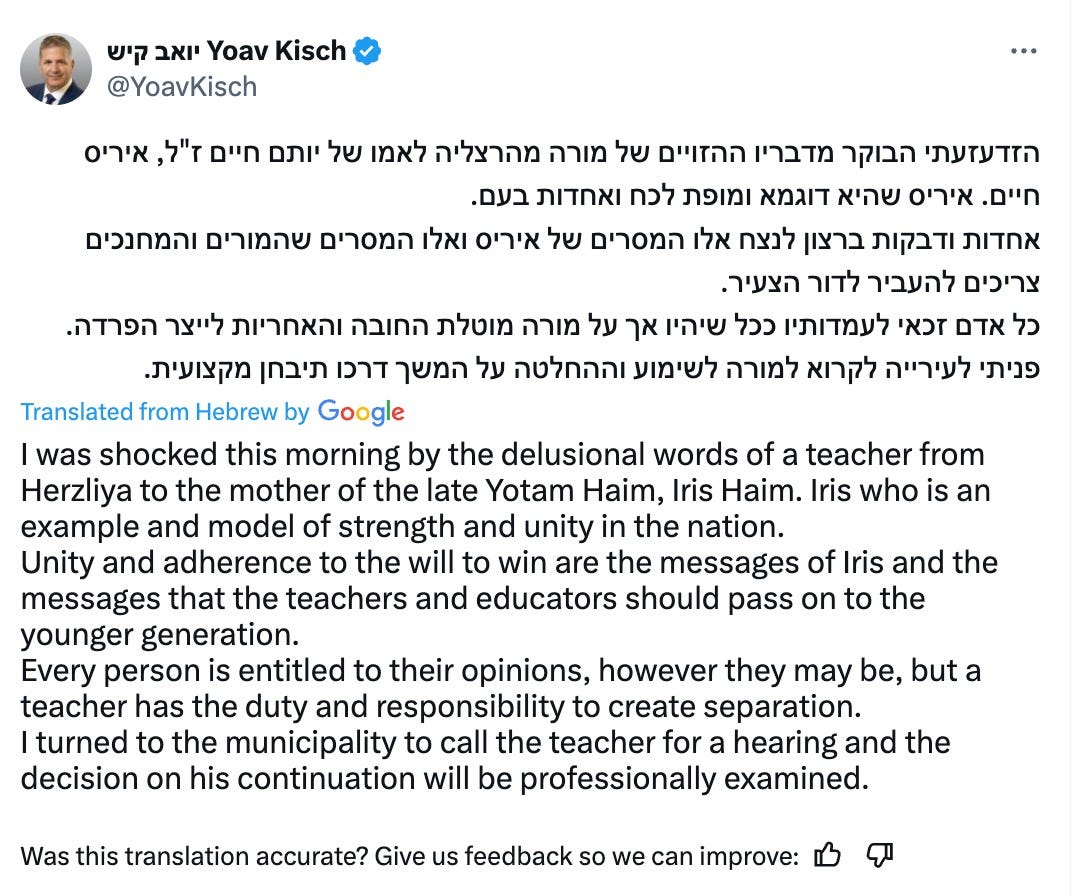

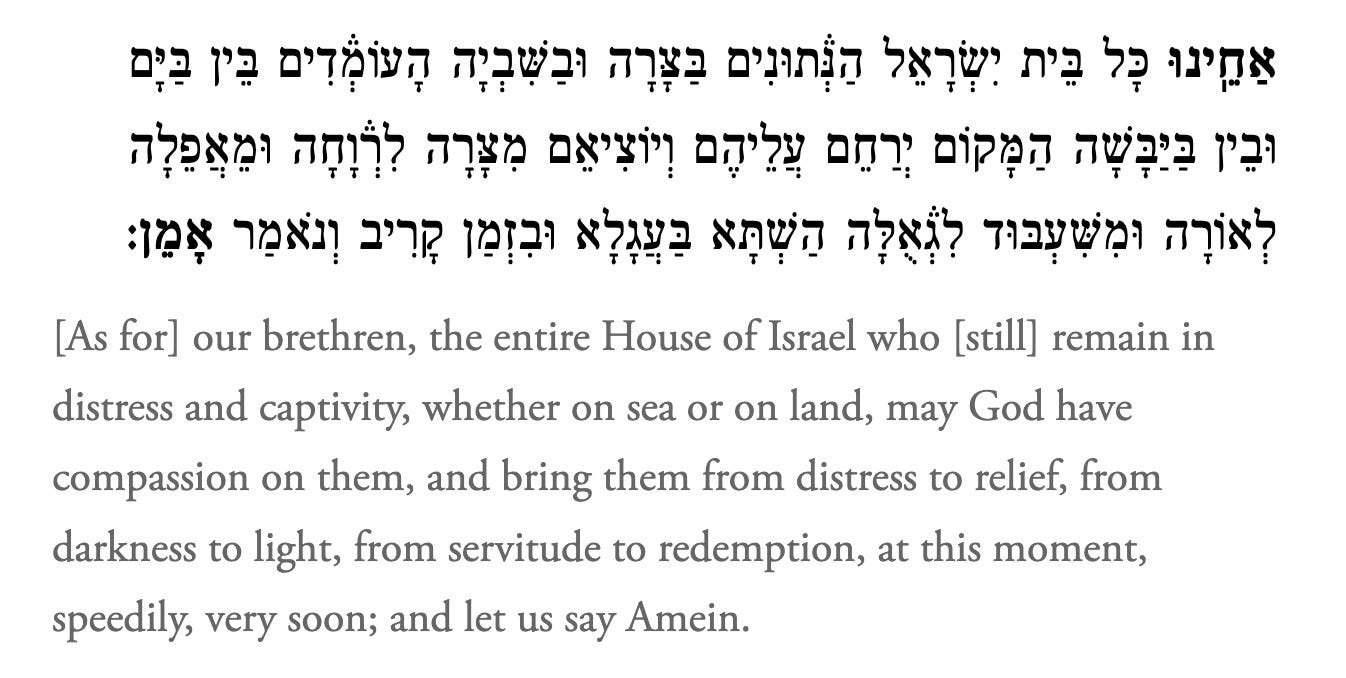




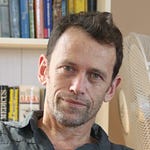


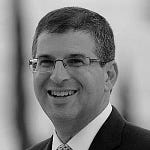

In today's Israel, there's no such thing as "just another Graduation"